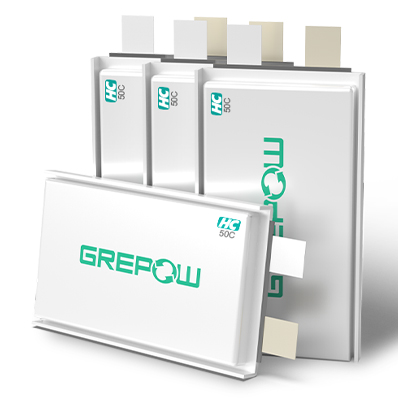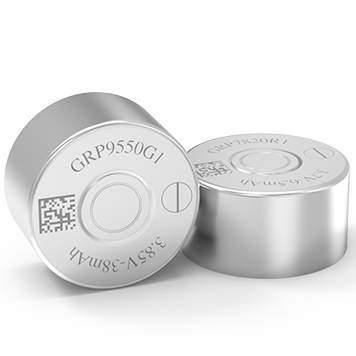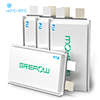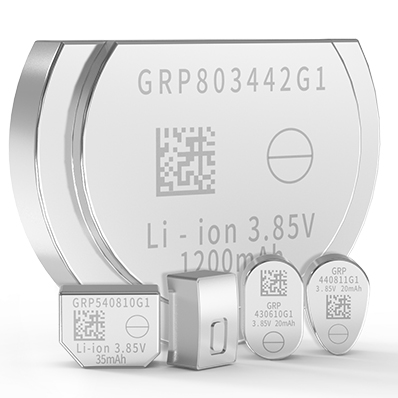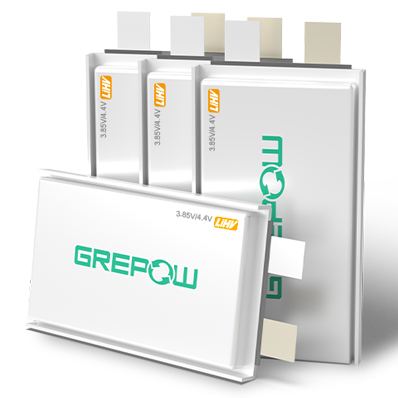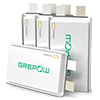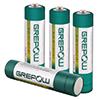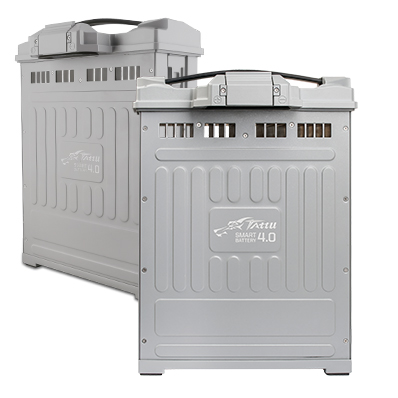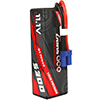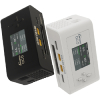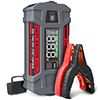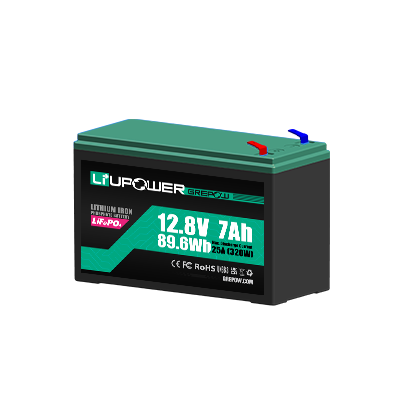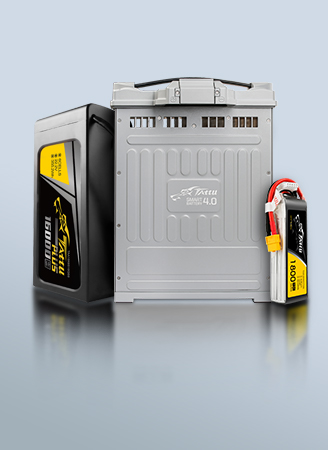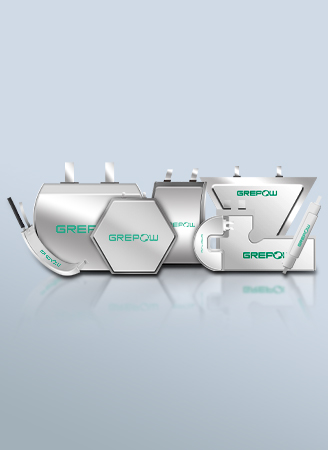How does the Wearable Battery Devices Develop?
In recent years, new wearable devices, such as smartwatches and smart glasses, have been constantly appearing in our lives. At the same time, the wearable battery technology has enabled these more powerful and smaller devices to be produced at higher speeds.
Global wearable device development
To understand the potential of wearable device applications, we only need to look at the number of wearable devices in the global market – this number is expected to grow from 5.6 million in 2013 to 124 million in 2020 (see Figure 1). Gartner, the world's leading information technology research and consulting firm, predicts that global wearable device shipments will reach 225 million units in 2019, an increase of 25.8% from 2018.
Several factors are driving this growth. In most developed countries, the smartphone market is almost full, and manufacturers have begun to develop devices that can create new trends, such as the ability to connect to wearable devices as peripheral devices. The emergence of the Internet of Things (IoT) has also driven this trend. 2/3 of the wearable devices are end devices that are worn on the body, such as watches and glasses, while others can be attached to shoes, clothes or bags. Although the development potential of wearable devices is huge, there is still a big problem. How do we use these devices without having to constantly charge the wearable battery?
Power problem with wearable devices
Although the innovation of wearable devices is accelerating, the industry of wearable battery technology is still lagging behind. In particular, wearable battery life poses serious problems. If you need to recharge these items frequently, people will feel very troublesome. Wearables require a battery that lasts long enough to ensure that we don't have to take these devices down to charge, so our bodies are almost unaware of their existence.
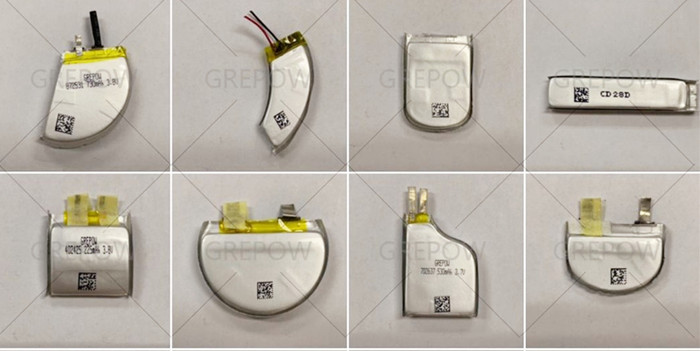
Wearable devices typically require small size and light weight. The problem is that wearable batteries on the market today face almost the same problem, that is, the smaller the battery, the smaller the energy density. At the same time, in the 20 years since the introduction of lithium-ion secondary batteries, battery technology has increased the energy density per unit volume by about 350%.
Wearable battery for wearable device manufacturers
In recent years, Grepow battery technology has made rapid progress, and it has become the first choice for power solutions for many wearable device manufacturers. Due to the limitations of the size and shape of the wearable device, this has prompted us to develop new technology for the shaped battery, which can fully use the internal space of the device and increase the battery capacity. It's important to note that if you want longer battery life and an irregularly shaped wearable battery, Grepow is your ideal solution!
Related Articles
-
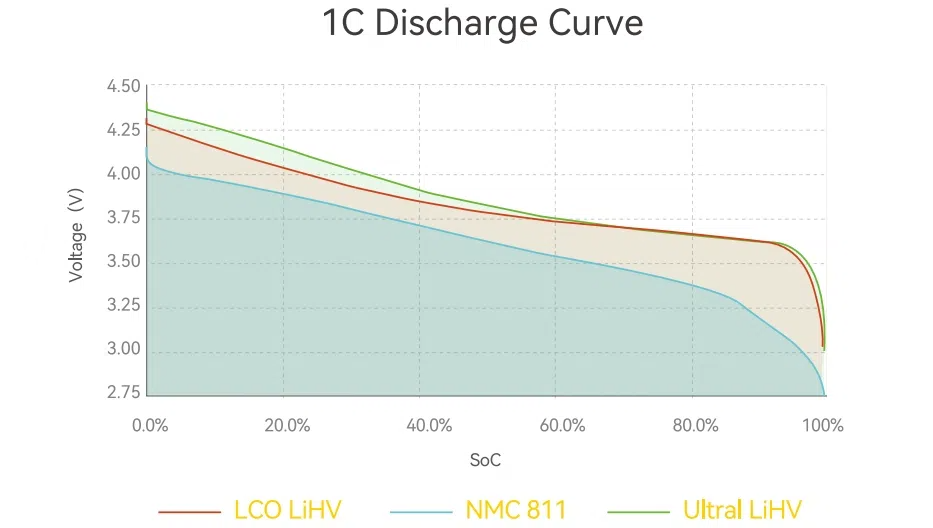
Basis of LiPo Battery Specifications
2024-11-21 -
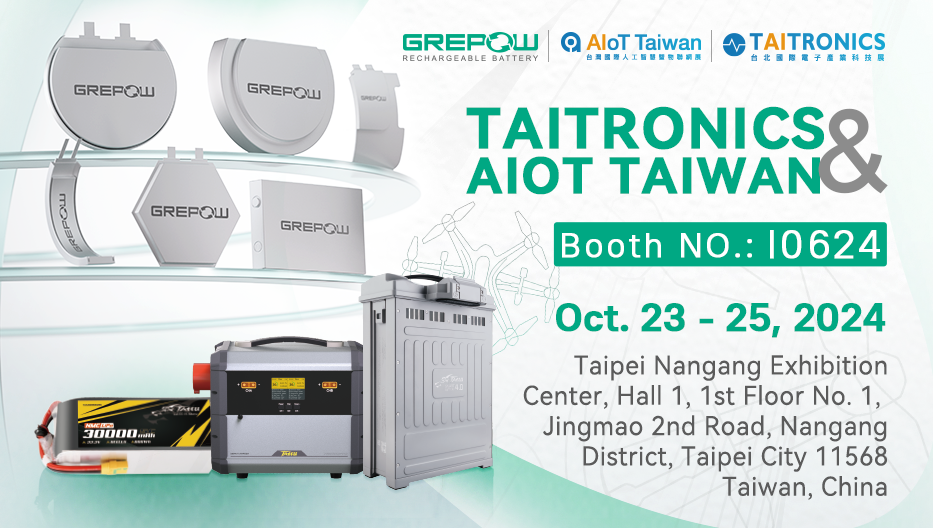
Join Grepow at TAITRONICS & AIoT Taiwan 2024 to Discover New Innovations!
2024-10-19 -
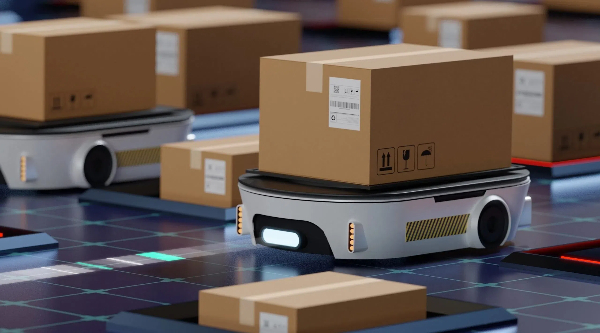
What Batteries Are Used for AGVs and AMRs?
2024-09-30


